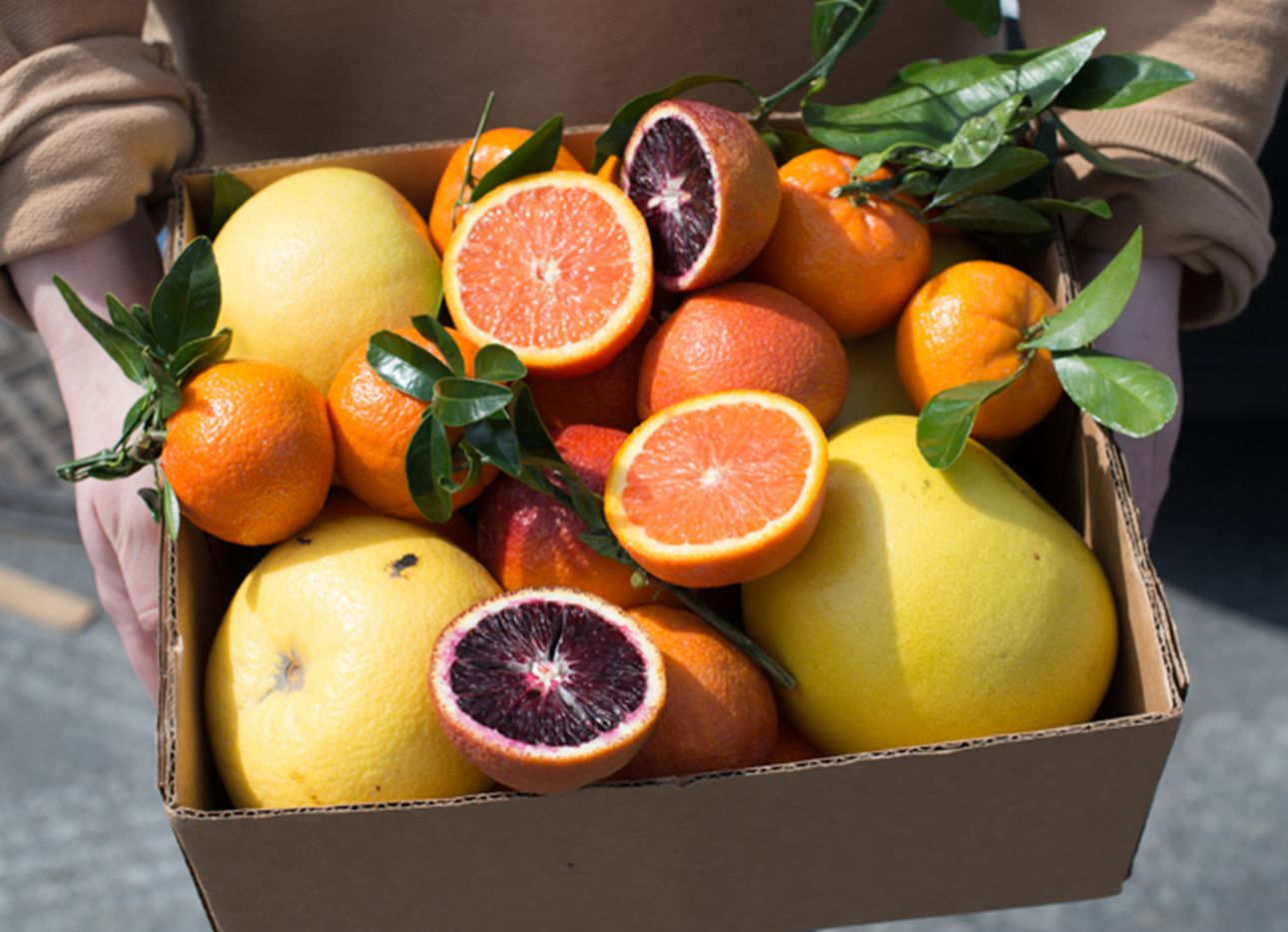
In New York? Natoora Has Your Grocery Delivery Covered
The ongoing Covid-19 crisis has put a sudden and massive halt on the restaurant industry: Bars, small businesses, mega-chain restaurants and fine-dining establishments alike remain shuttered, reducing services to take-out and delivery where possible—though this is just the tip of an entire ecosystem of chefs, sommeliers, line cooks, service workers, and families affected by the pandemic. Some industry heavyweights, such as Momofuku’s David Chang, fear these closures won’t be temporary for most restaurants, causing a “morbidly high business death rate.” (There’s an episode of our At a Distance podcast on this very subject with Esquire food and drinks editor Jeff Gordinier coming out soon.) As wholesale restaurant suppliers now find their client bases on hold and drastically reduced, several of them have quickly pivoted to offer their goods directly to local residences for the first time.
Already equipped with a proprietary mobile shopping app, the New York City- and London-based company Natoora—which supplies high-quality, seasonal, sustainably grown produce to boutique grocers and restaurants such as Per Se, Four Horsemen, and Eleven Madison Park, with additional outposts in Southern California, Paris, and Milan—was among the first to quickly transition its business to home deliveries, days before New York City officially mandated temporary closures of all “nonessential businesses.” It’s a model that many other suppliers throughout the city, including Chef’s Collective and F. Rozzo and Sons, have been quick to follow—to keep their own businesses afloat, but also those of the farmers and artisans they support, as well. “It’s been unthinkable what’s happened. Obviously there’s a big supply chain that sits behind the restaurant—everybody from distributors to aggregators, and in our case, with fresh fruits and vegetables, the farmers and growers behind that,” says Franco Fubini, founder and CEO of Natoora.
While a silver lining has yet to emerge for restaurant owners and their workers, as the industry continues to advocate for a federal bailout—Fubini is hopeful about the potential longer-term changes that may come to the global food system, as home cooks gain greater access to high-quality, responsibly sourced produce and ingredients. “This is fast-tracking the already existing trends of people seeking healthier foods, and more transparency in how those are produced and where they come from,” he says. “It’s a step change. Hopefully, this will raise the bar for the demand that’s going to happen at home, and the type of food consumption that people will want to engage with.”